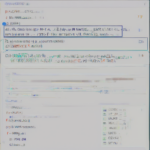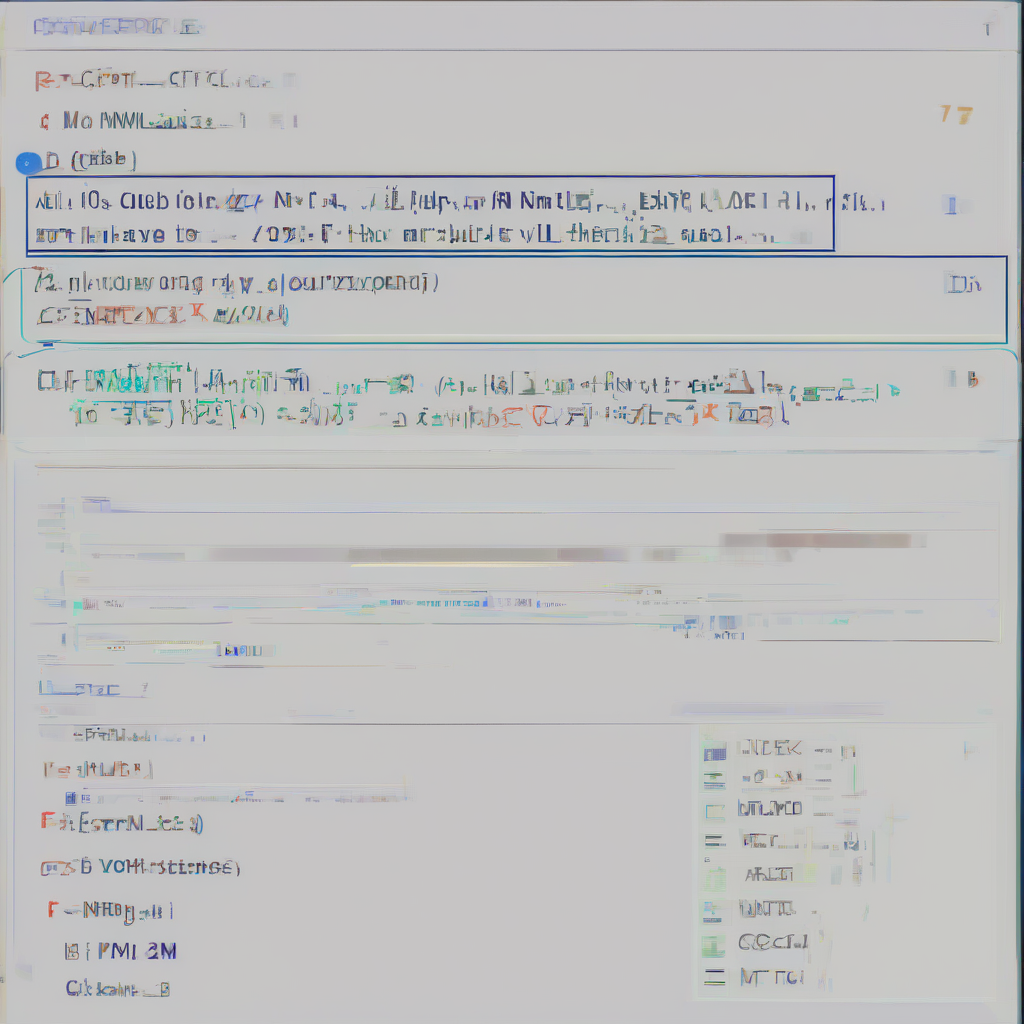QuickBooks Real Estate Management: A Comprehensive Guide
QuickBooks is a popular accounting software used by businesses of all sizes. But did you know that QuickBooks can also be a powerful tool for managing your real estate business? In this comprehensive guide, we’ll explore the features of QuickBooks that are specifically designed for real estate professionals, including:
- Tracking income and expenses
- Managing properties
- Creating invoices and collecting rent
- Generating reports
- Integrating with other real estate tools
Why Choose QuickBooks for Real Estate Management?
QuickBooks offers a number of advantages for real estate businesses, including:
- Ease of use: QuickBooks is designed to be user-friendly, even for those with limited accounting experience.
- Comprehensive features: QuickBooks provides a wide range of features specifically for real estate management, including property tracking, tenant management, and rent collection.
- Automation: QuickBooks can automate many tasks, such as creating invoices and generating reports, saving you time and effort.
- Mobile access: You can access QuickBooks from your smartphone or tablet, so you can manage your business from anywhere.
- Scalability: QuickBooks offers different plans to suit the needs of businesses of all sizes.
QuickBooks for Real Estate: A Detailed Look
Tracking Income and Expenses
QuickBooks makes it easy to track your income and expenses. You can create separate accounts for each property, and then track all income and expenses related to that property.
- Income tracking: Track rent payments, late fees, and other income sources.
- Expense tracking: Track mortgage payments, property taxes, insurance, repairs, and other expenses.
- Categorization: Categorize your income and expenses to get a clear picture of your financial performance.
Managing Properties
QuickBooks allows you to manage all aspects of your real estate properties, including:
- Property details: Track important property details, such as address, square footage, and number of units.
- Tenant information: Store tenant contact information, lease agreements, and payment history.
- Rental history: Track rental payments, late fees, and other charges.
- Maintenance requests: Track maintenance requests and repairs.
Creating Invoices and Collecting Rent
QuickBooks makes it easy to create invoices and collect rent payments from tenants.
- Invoice creation: Create professional invoices that can be sent electronically or printed.
- Online payments: Accept online payments from tenants through QuickBooks.
- Payment reminders: Set up automatic payment reminders to ensure tenants pay on time.
- Late fee tracking: Track late fees and charge them to tenants automatically.
Generating Reports
QuickBooks provides a variety of reports that can help you understand your financial performance.
- Profit and loss statements: Track your income and expenses to see your profitability.
- Balance sheets: Show your assets, liabilities, and equity.
- Cash flow statements: Track the movement of cash in and out of your business.
- Rental income reports: Track your rental income and expenses by property.
Integrating with Other Real Estate Tools
QuickBooks integrates with other real estate tools, such as property management software and online listing services.
- Property management software: Integrate QuickBooks with property management software to streamline your operations.
- Online listing services: Integrate QuickBooks with online listing services to track leads and manage listings.
- Real estate CRM: Integrate QuickBooks with a real estate CRM to manage your client relationships.
QuickBooks for Real Estate: Versions and Features
QuickBooks offers several versions for different types of real estate businesses. Here’s a breakdown of the key features for each version:
QuickBooks Self-Employed
- Ideal for independent real estate agents and small property owners.
- Provides basic accounting and invoicing features.
- Includes mileage tracking for tax purposes.
- Limited property management features.
QuickBooks Online
- A cloud-based solution that can be accessed from any device.
- Includes robust accounting and invoicing features.
- Offers more comprehensive property management features than QuickBooks Self-Employed.
- Includes integrations with other real estate tools.
QuickBooks Desktop
- A traditional desktop software solution.
- Provides the most comprehensive features for real estate management.
- Includes advanced inventory management, job costing, and reporting features.
- Offers a high level of customization.
QuickBooks for Real Estate: Tips and Best Practices
Here are some tips and best practices for using QuickBooks to manage your real estate business effectively:
- Set up separate accounts for each property: This will make it easier to track income and expenses for each property.
- Use a consistent chart of accounts: This will ensure that your financial data is organized and easy to understand.
- Automate tasks whenever possible: QuickBooks can automate many tasks, such as creating invoices and generating reports.
- Reconcile your bank accounts regularly: This will help you catch errors and keep your financial data accurate.
- Generate reports regularly: Analyze your reports to understand your financial performance and make informed business decisions.
Conclusion
QuickBooks is a powerful tool for managing your real estate business. By using the features specifically designed for real estate professionals, you can streamline your operations, improve your financial performance, and make better business decisions. This comprehensive guide has provided you with a thorough understanding of QuickBooks real estate management features, benefits, and best practices. Now, you’re equipped to choose the right QuickBooks solution for your needs and maximize its potential for your real estate business.








